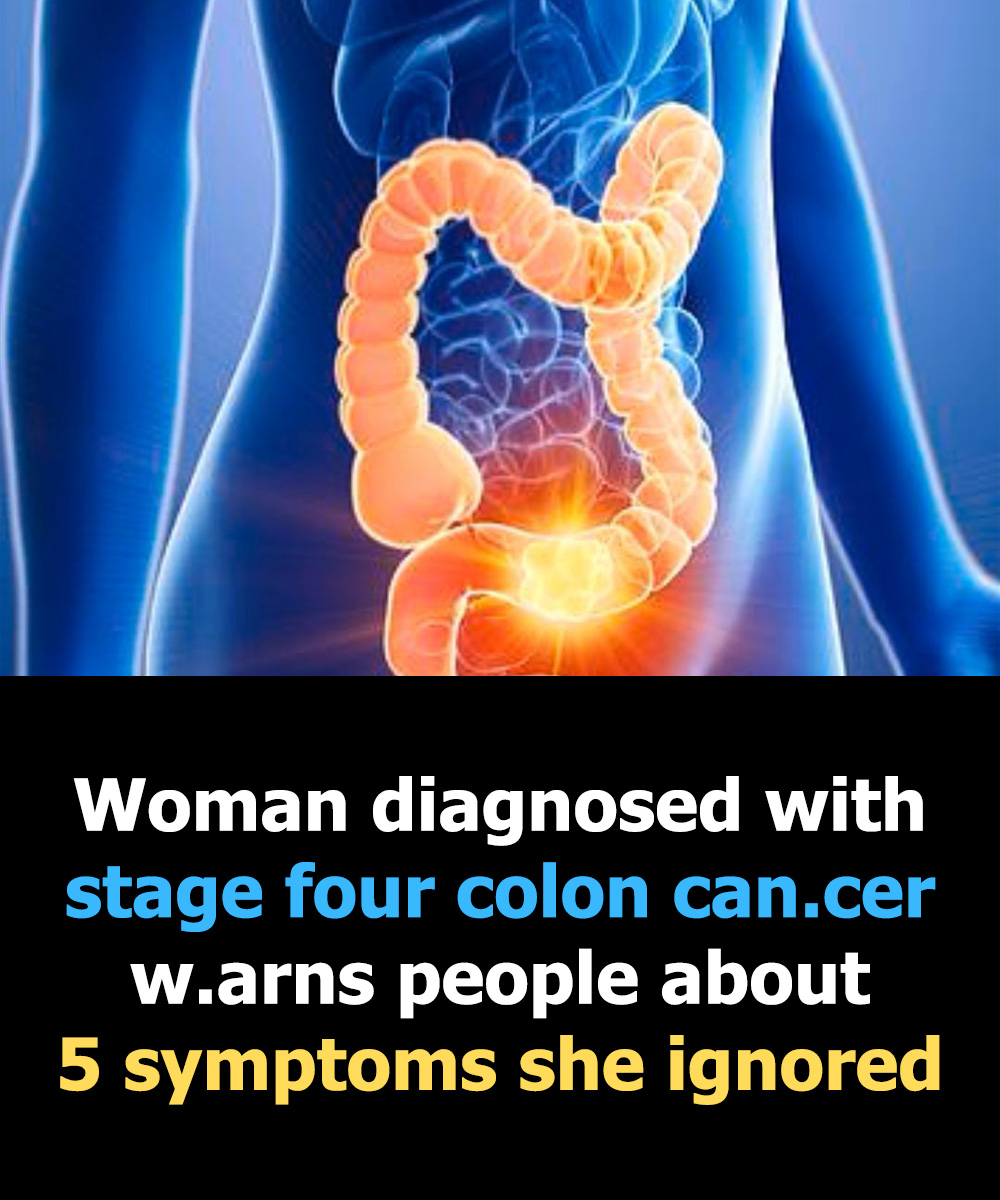Radwah was also experiencing chronic fatigue, another common symptom of colon cancer. She found that despite making sure she got adequate rest, she constantly felt tired. She eventually found herself taking multiple naps throughout the day. “I would still need to nap several times during the day, and nothing really helped,” she noted. Chronic fatigue is common in cancer patients, especially those with colon cancer, as it drains the body while using up its resources.
Other Signs of Colon Ca.ncer
In another video, she discussed additional symptoms she was experiencing before receiving her cancer diagnosis. She was experiencing chronic weight loss, had a poor appetite, and terrible stomach pains. “Until the doctors told me I had cancer, I blamed these symptoms on a ‘really bad stomach bug,’” she shared. These are often overlooked, but it’s important to seek medical attention when unexplained changes occur in your body.
Advocating for Awareness
“If you have any of these symptoms, don’t worry, but go see a doctor,” she urged in her video. Radwah Oda’s story certainly conveyed a strong message to viewers advocating for people to take their health more seriously. Younger people often dismiss their symptoms, finding excuses instead of seeking help.
Common Warning Signs of Colon Ca.ncer
Many of these colon cancer symptoms develop slowly, making diagnosis challenging. The American Cancer Society has urged people to be more aware, noting that these symptoms can often be dismissed as other conditions, but it’s crucial to seek professional help just in case. Some common symptoms include:
Changes in bowel habits (e.g., diarrhea, constipation, or narrowing of the stool).
Blood in the stool or rectal bleeding.
Persistent abdominal pain or cramps.
Unexplained weight loss.
Weakness or fatigue.
Colon can.cer in younger people
More recent studies have indicated that an alarmingly large number of colorectal cancer cases have been identified in people under the age of 50. Many younger patients are under the misconception that colon cancer occurs primarily in older patients, often delaying their diagnosis.
Persistent abdominal pain and bloody stools are the two most common early symptoms in younger patients. The Mayo Clinic had reported that potential cases should pay special attention to changes in bowel habits, as these are some of the most common indicators. Early detection can improve the chances of an earlier diagnosis, leading to more successful treatment outcomes.
Don’t Ignore the Signs
Radwah’s Journey certainly emphasizes the importance of paying more attention to the signs and, ultimately, listening to one’s body. It’s important to seek help rather than ignore persistent symptoms early. Hopefully, sharing her story has helped save lives by encouraging others to seek help before it’s too late.
If you are experiencing any of the above symptoms or know someone who may be going through the same issues discussed above, never hesitate to seek help from a doctor, as early detection and timely intervention could be the difference between a smoother diagnosis and treatment for colon cancer.
…

ADVERTISEMENT
